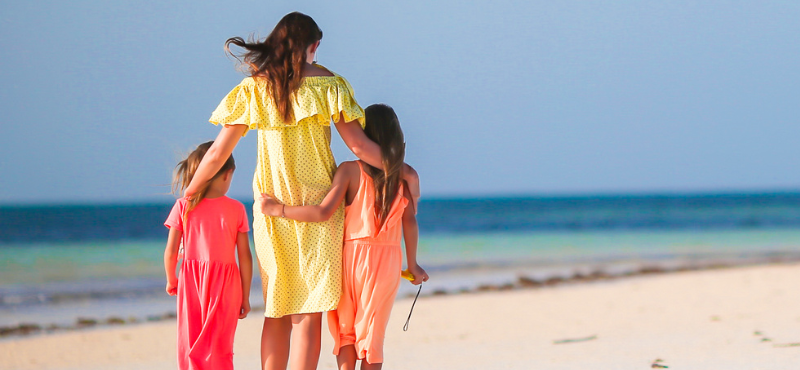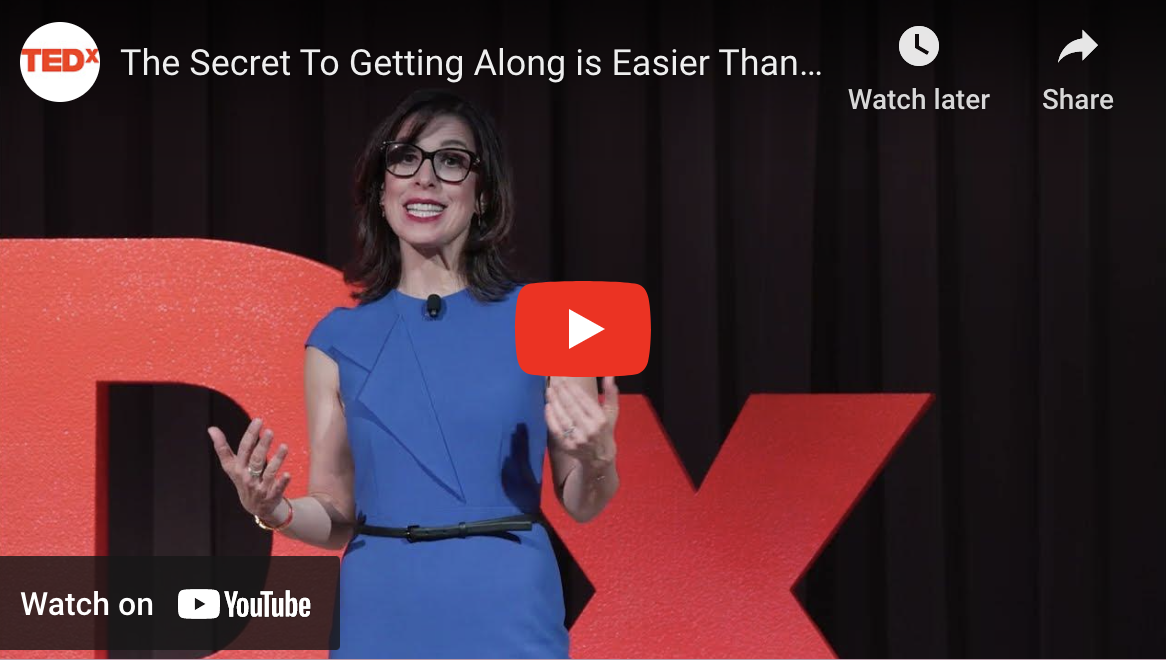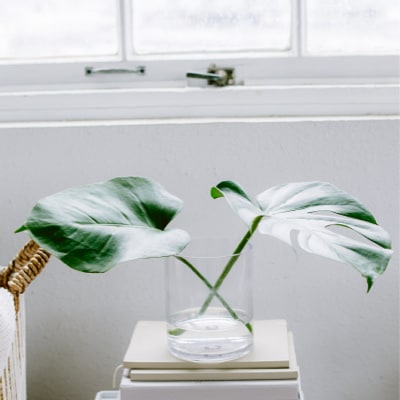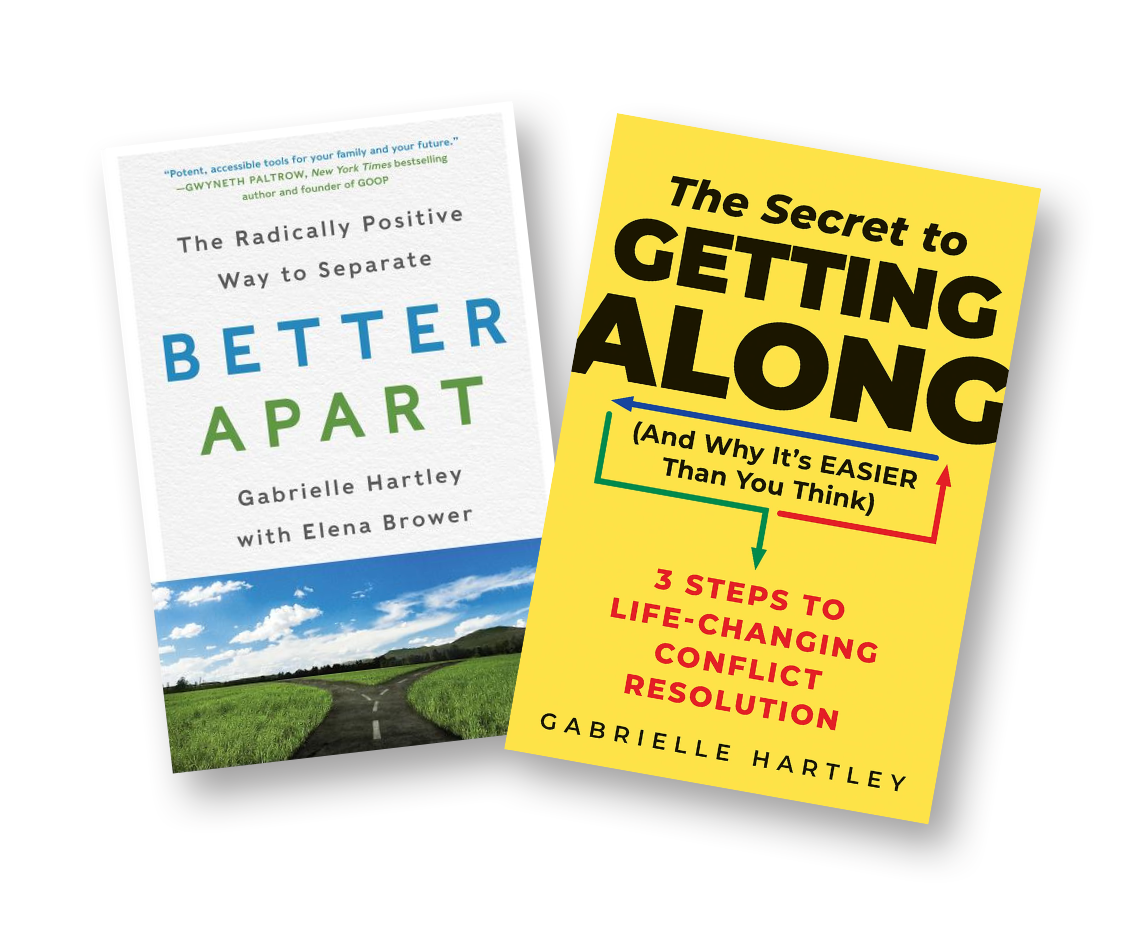7 Ways to Prepare For Your Vacation After Divorce

Our first vacations following my parents’ divorce were not easy. As my classmates were happily discussing how they would spend their free time, I was suffocating.
Up to that point, every vacation had involved the whole family, so I had a strong impression that it was not normal to travel or spend time on vacations with only one parent.
Out of the blue, all the things we used to do together as family during vacations were ripped away. I had to stop seeing certain family friends because they took my dad’s side. Since my mum was not allowing me to see them, it was awkward and embarrassing to visit them with my dad.
I still remember that the first time we celebrated Christmas after the divorce, I was eleven years old. My dad took my sister and me to his workplace for a Christmas party. I clearly remember the embarrassment I felt when, instead of my mom, my dad’s new girlfriend was there. I had the feeling that everybody was staring at my sister and me, gossiping about our family, and judging us. I didn’t want to move from my seat. I just wanted to disappear.
My parents had a common-consent divorce, but only on paper. In reality they were really hurt and wanted to punish each other through me.
I was in the middle of a high-conflict divorce with two adults who didn’t have the ability to process their own emotions, much less support their children’s emotional recovery.
My parents would fight about how much time I spent with each of them. Even worse, I knew an interrogation was awaiting me when I got home from a vacation with the other parent. I had to explain exactly what we did, what was said, who was there, and how much money was spent. I was always feeling that I was being pulled in two directions, trying to please both of them. I pretended that I never had a good time with the other parent.

It took me years to feel free during vacations and to enjoy them. Now an adult myself and a professional mediator, I tell parents going through divorce that the next few vacations will be a challenge, but you can choose how to handle them. Your kids will probably feel confused and won’t know how to act, but you can be a calming example for them.
You have the power to help them process the changes in their lives. Here’s how you can plan a vacation after divorce:
1. Plan your vacation’s time frame in collaboration with your ex partner.
Write down details about location, the days, the pick-up points and all the things that will make you feel at peace. Explain to your kids what will happen, and don’t ask them to choose. If you can respect some of their desires, like to see their friends, do it.
2. Keep your children away from discussions between you and your ex.
You can make separation and divorce a little bit easier for the children by creating the aforementioned vacation plan with your ex-partner without ever putting the kids in the middle. If you cannot do it alone, enlist the help of a mediator or a third neutral person.
3. Try to keep your emotions about the other parent away from your kids.
Don’t ask them questions that make them feel bad or force them to indirectly choose sides.
When your children travel with your ex-partner and you are alone, make some plans and try to have a good time! Share your pleasant moments with your kids. It will help them create their own. It can be a burden for the kids to know that the other parent is alone while they are having a good time.
4. Agree on your children’s spending power.
Don’t give your children money to spend with the other parent like you would if they were going out with a friend. Discuss any money issues with the other parent and decide about the child’s spending as if you were together

5. Create safe spaces for your children, no matter which parent they are with.
Give your children the freedom to call their other parent whenever they want. Create the space to talk freely. Often kids are trying to please both parents, so they may communicate different things —sometimes opposite things— to the other parent.
When they are going away, tell them you wish them a good time, and mean it with all your heart.
6. Create new traditions when you are together.
It might be daunting to realize that things will not be the same moving forward, but that can be a good thing. You can create new memories and traditions with your children with or without your co-parent, and you have the power to make positive changes in their lives.
7. Process your feelings with the help of an expert.
It is really hard to do all the above when you are feeling disappointed, frustrated, sad. Processing your own struggles will help with your kids’ emotional healing.
I know from experience that it is not easy, and not all the above can apply in every case (note that I am definitely not talking about cases involving abuse). Try to get into your kids’ shoes by picturing how you would have felt if your parents were getting a divorce.
The most important wish of most kids in the first few years after divorce will be for the parents to get back together.
Try to keep this in mind and choose your battles, giving your kids the choice to have both of you in their lives. At the end of the day you are still their parents, even if you are not husband and wife anymore.

About the Author
If you would like to know more about divorce through the eyes of a child, check Despina Mavridou’s book Mum, Dad, Can you hear me? based on her personal story.
Mum, Dad, Can you hear me? helps both parents and children through this difficult period. It’s available as a paperback or eBook on Amazon.
Connect with Despina



About the Author
If you would like to know more about divorce through the eyes of a child, check Despina Mavridou’s book Mum, Dad, Can you hear me? based on her personal story.
Mum, Dad, Can you hear me? helps both parents and children through this difficult period. It’s available as a paperback or eBook on Amazon.
Connect with Despina


FOLLOW GABRIELLE


DISCLAIMER: The commentary, advice, and opinions from Gabrielle Hartley are for informational purposes only and not for the purpose of providing legal advice or mental health services. You should contact an attorney and/or mental health professional in your state to obtain advice with respect to any particular issue or problem.
- One Edgewater Plaza Suite 304, Staten Island, NY 10305
- 266 Smith Street, Brooklyn, NY 11231
Northampton MA
PHONE:
New York: (917) 905-4553
Boston: (413) 450-0420








